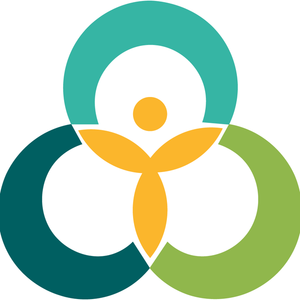
THRIVE Communities: Restorative Reentry
When wholeness and justice replace cycles of incarceration and oppression, communities THRIVE.
The Problem
Work to address the needs of returning citizens and their communities has become critical. According to the U.S. Department of Justice’s Bureau of Justice Statistics, an estimated 1,561,500 prisoners were incarcerated in U.S. state and federal correctional facilities at the end of 2014 (Walmsley, World Prison Population List, tenth edition, International Centre for Prison Studies, 2013). Most of these citizens will be returning to communities, but many for only a brief time. In a 2014 study of recidivism for citizens released in 2005, more than 67% were arrested for a new crime within three years of release, and almost 77% were arrested within five years of release (Cooper, Durose, Snyder; Recidivism of Prisoners Released in 30 States in 2005: Patterns From 2005 to 2010, U.S. Bureau of Justice Statistics, April 2014). With more than 600,000 people returning to communities each year, this is a crisis American society cannot afford to ignore. There is an urgent need to reintegrate returning citizens into local communities in a truly meaningful way.
But returning citizens are often the last people American society wants to empower. The issues of injustice in the rates of incarceration for the poor and minorities are widely understood, but when it comes to the actual individuals coming home, society all too often falls short of compassion and continue to punish people for their convictions—dehumanizing and categorizing returning citizens as less deserving of employment, housing, and social supports. How can communities learn to embrace and support their returning citizens, to provide the opportunity for healing and new beginnings?
The Solution
THRIVE is working to build wholeness in our communities after incarceration by empowering adults returning from incarceration (returning citizen/neighbor) and integrating community members into experiences of reentry. The THRIVE Community does this by organizing and supporting grassroots efforts for restorative reentry, community building, and constituent leadership.
RESTORATIVE REENTRY: THRIVE organizes Circles of Support and Accountability (CoSA), an evidence-based reentry model, where a dedicated team including a returning citizen and three community volunteers meets weekly for at least one year after the returning citizen is released. This team is supported by a THRIVE staff member and fortified with concentric circles including appropriate family members still in the returning citizen’s life, professional advisers equipped to respond to the challenges the team might face, as well as supportive community groups and organizations. These layers of community join together to strengthen the resilience of returning citizens–helping individuals uphold reentry requirements and achieve their own goals, while at the same time providing a space for supportive forms of accountability.
COMMUNITY BUILDING: Building the THRIVE Community starts with equipping community members to become stronger allies in reentry. THRIVE hosts quarterly trainings open to all community members.
CONSTITUENT LEADERSHIP: THRIVE supports and mentors grassroots organizers who have experienced incarceration to enable and foster community change.
Through restorative reentry, community building, and constituent leadership THRIVE empowers communities to become whole after harm and incarceration. With your support, THRIVE Communities will double the capacity of local efforts in three Massachusetts cities and explore ways to support THRIVE Community start-ups wherever Circles of Support are wanted.
Stage of Development
- Early Stage
- Established Prototype
- Scaling
- Other
Organization to Receive Funds
THRIVE Communities of Massachusetts





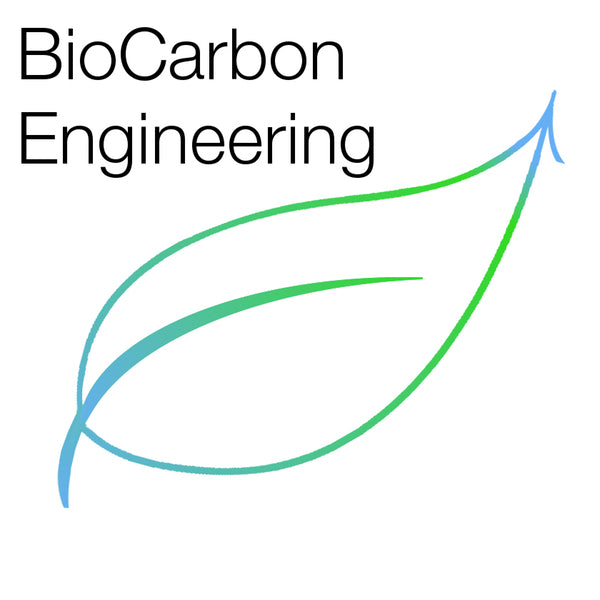


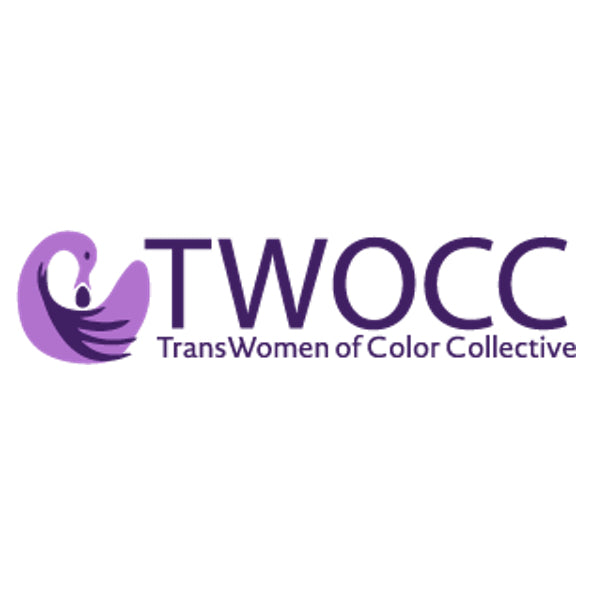


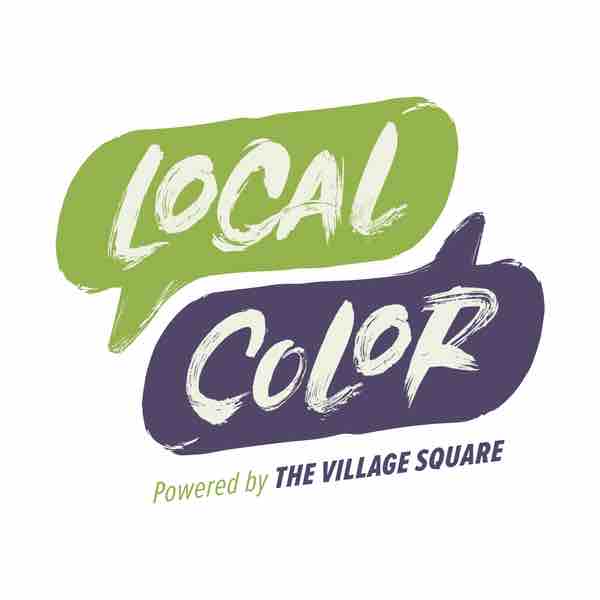


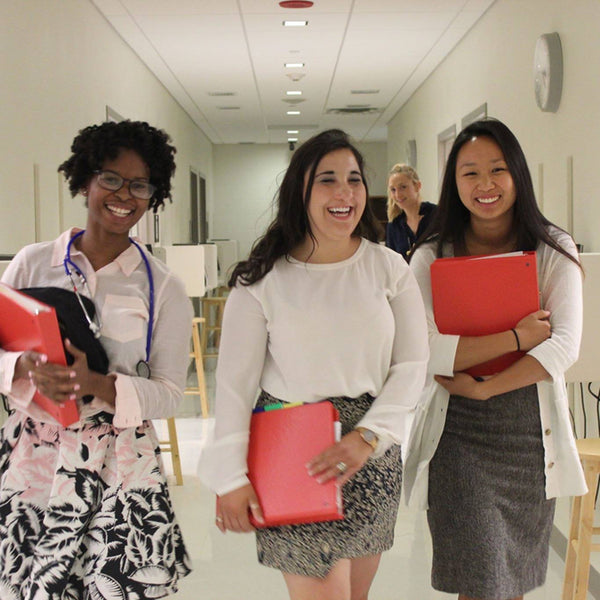

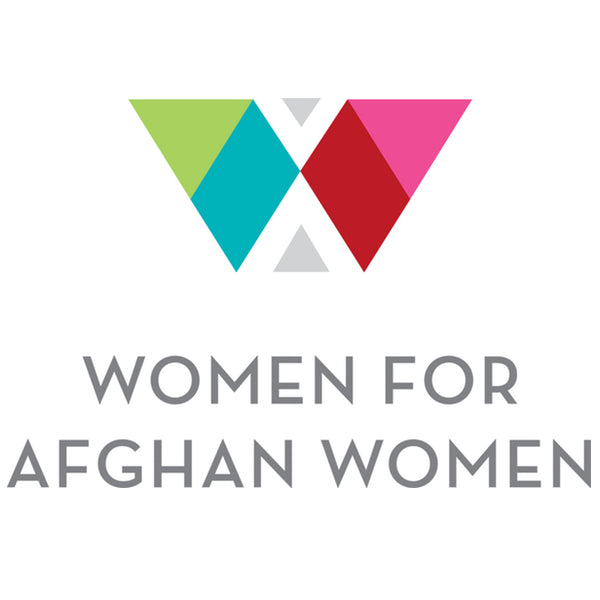
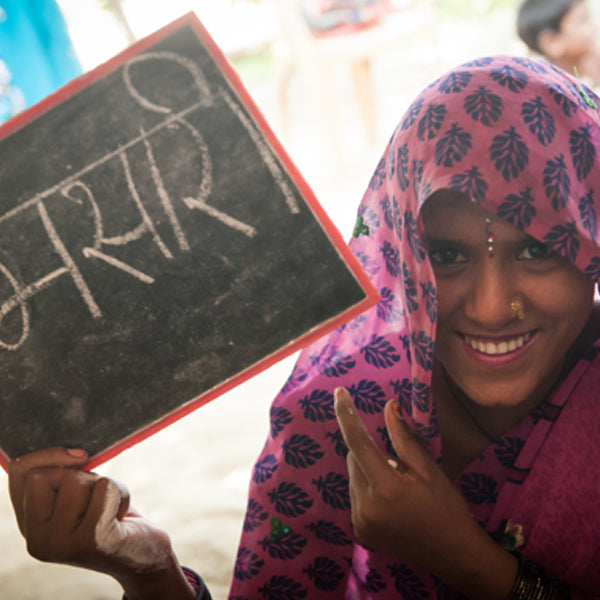
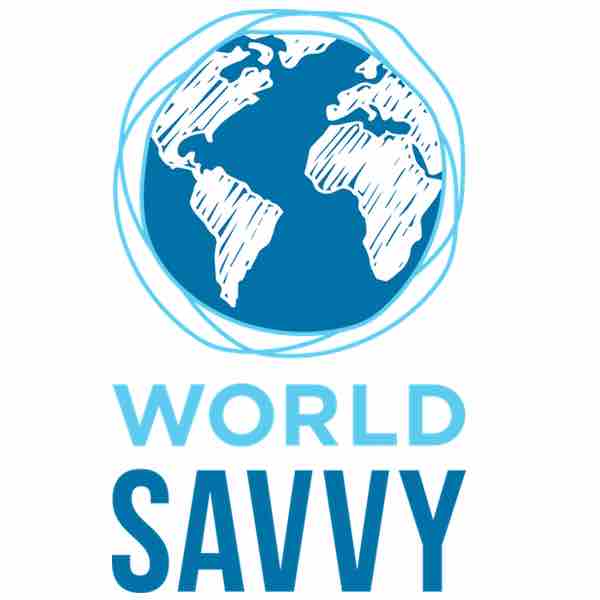
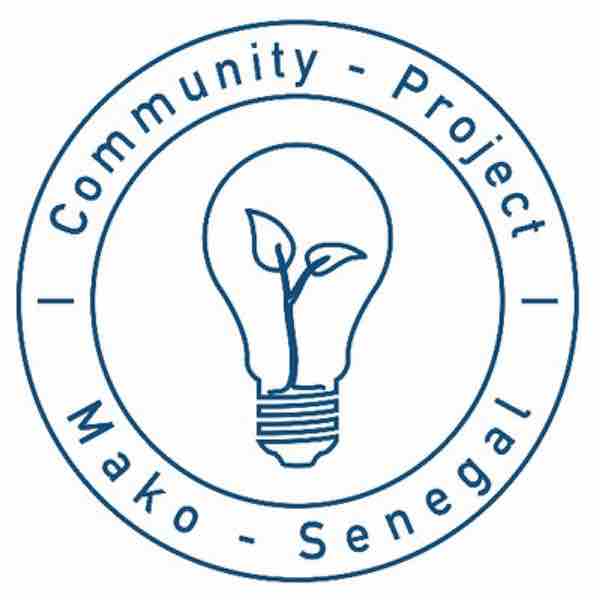
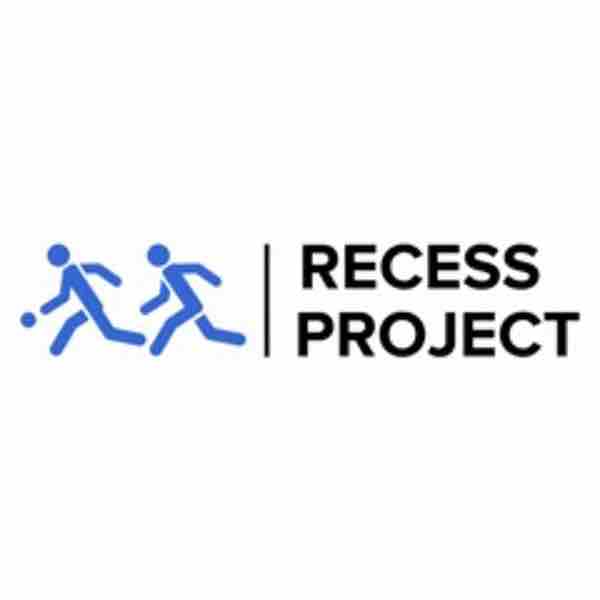
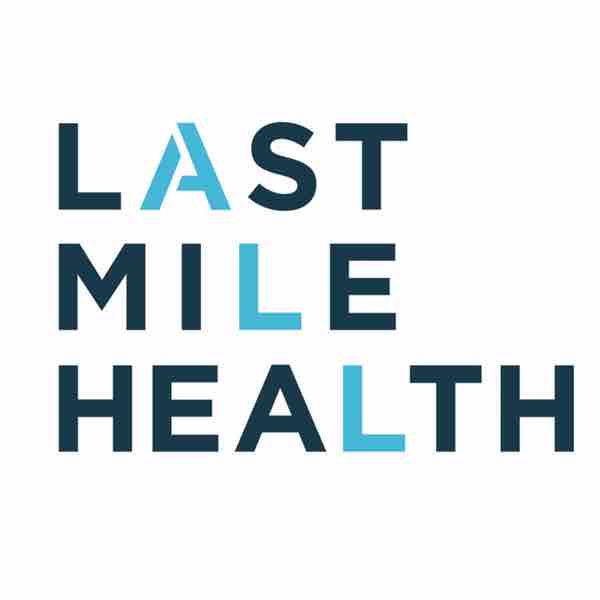
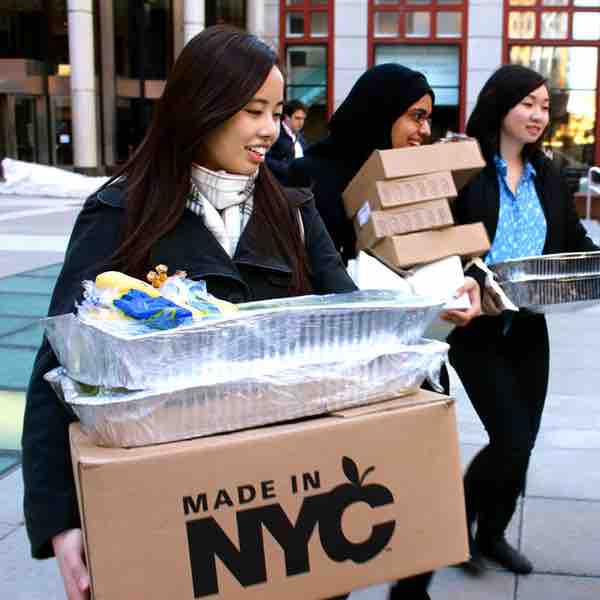

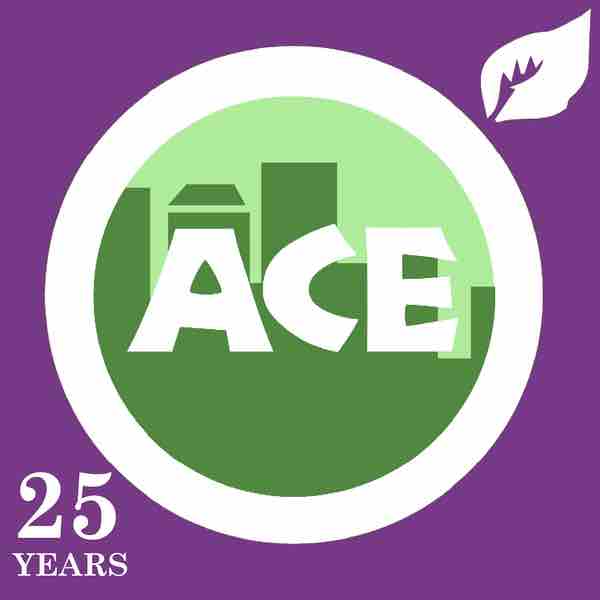

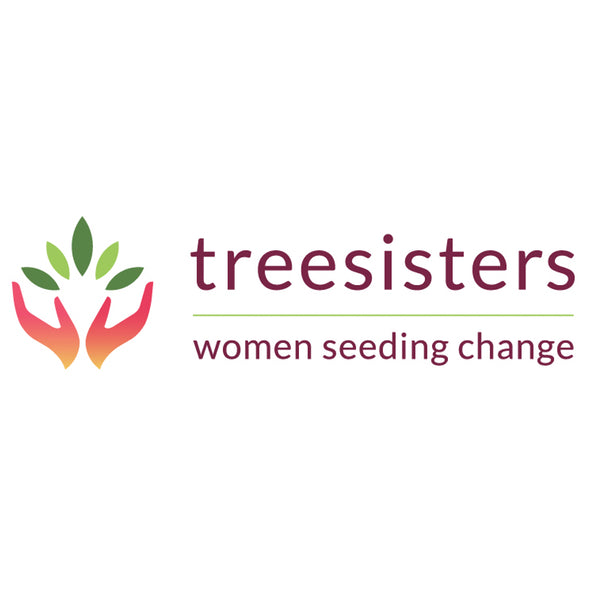


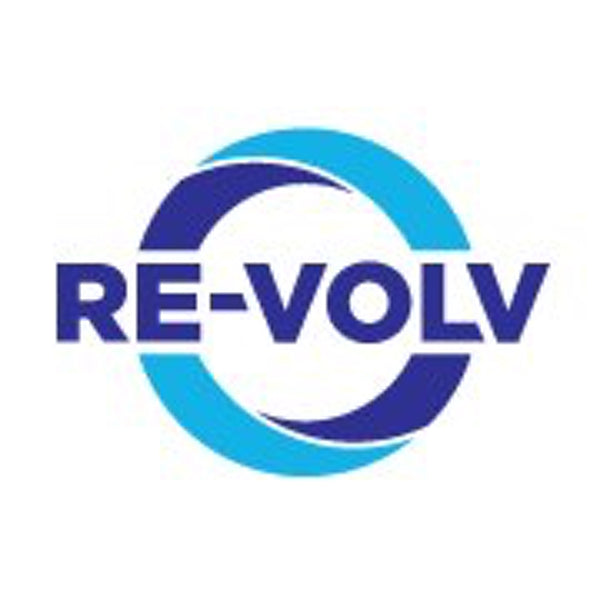
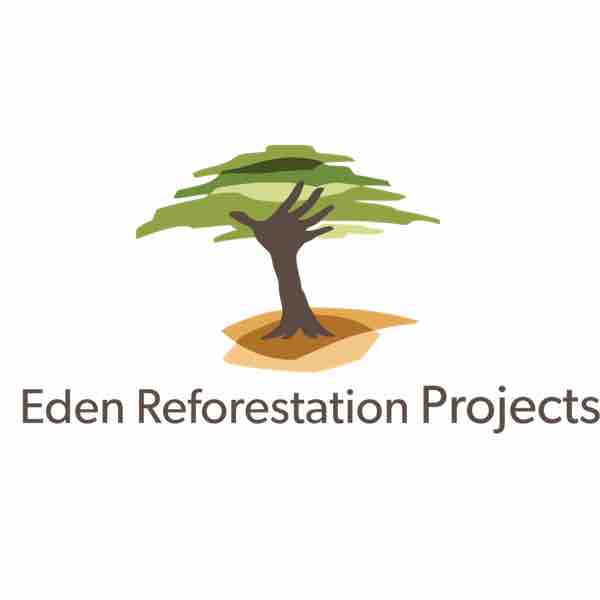




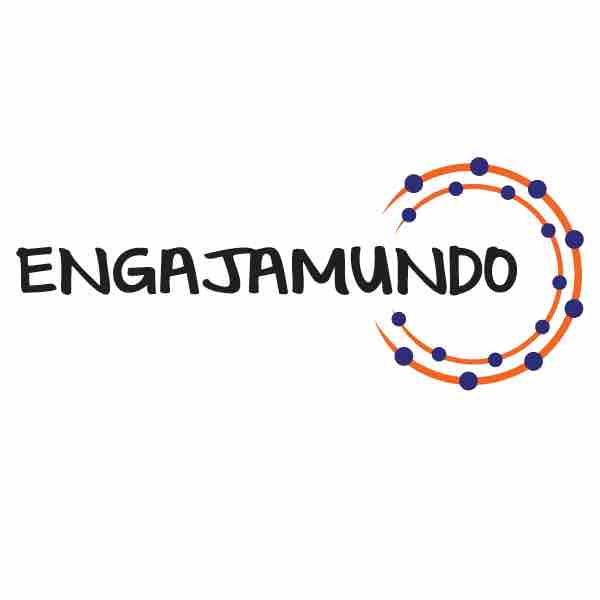
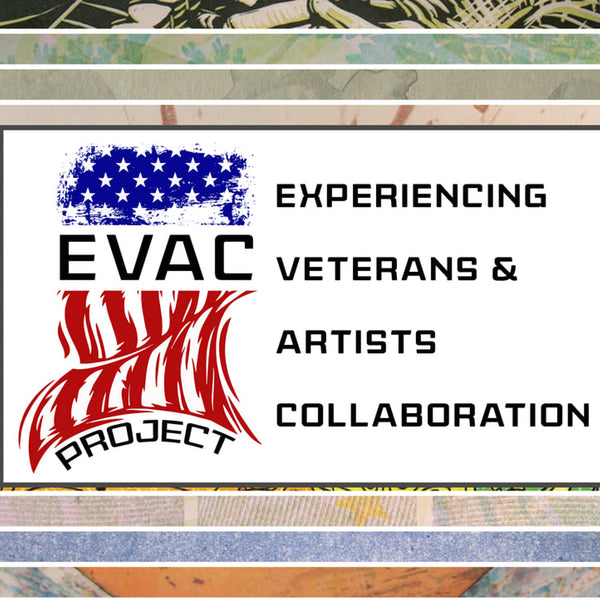
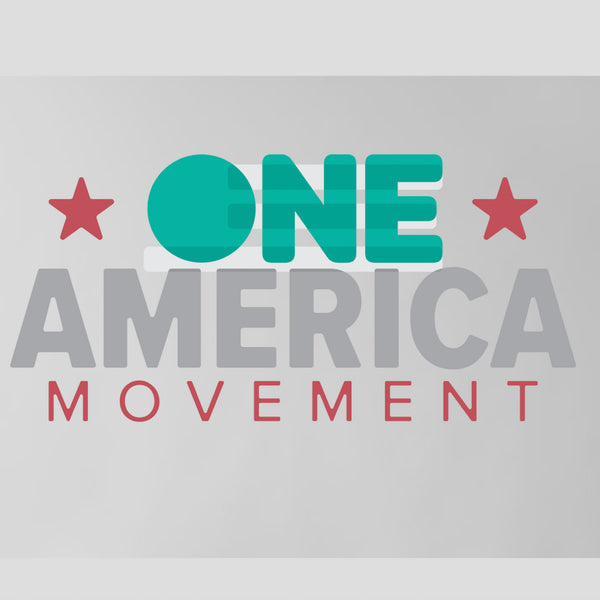

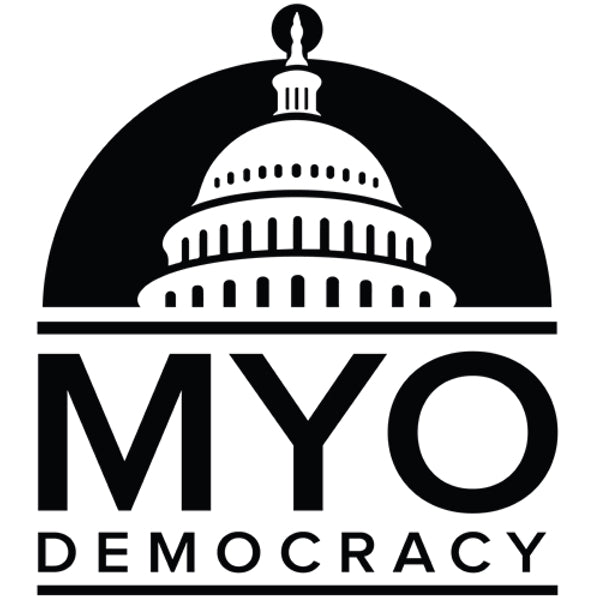








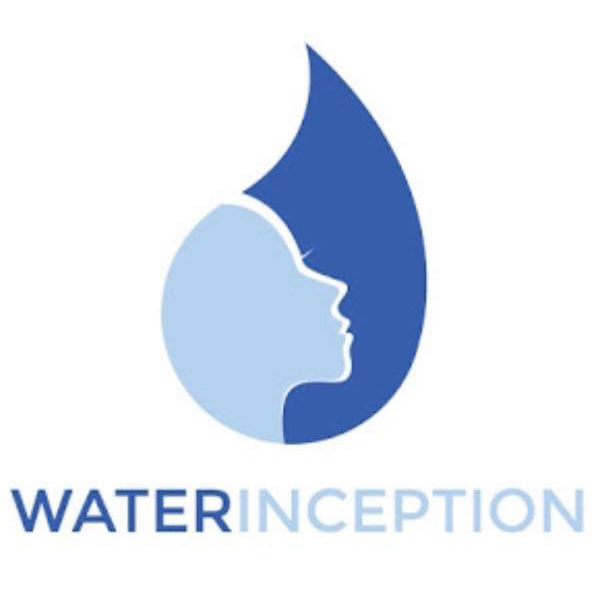
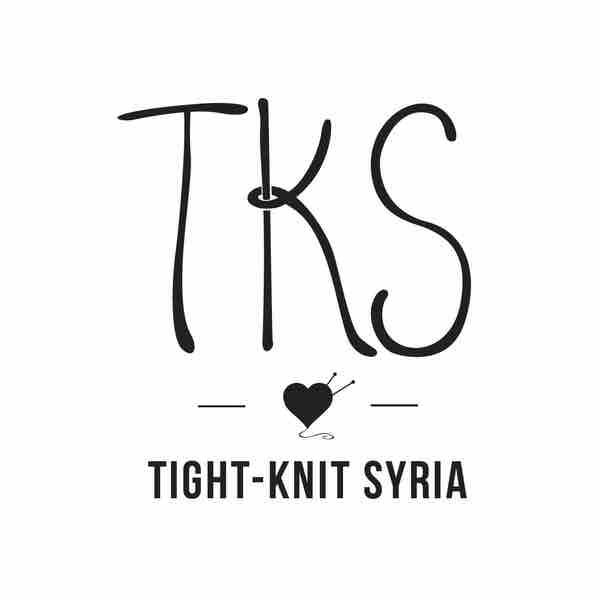
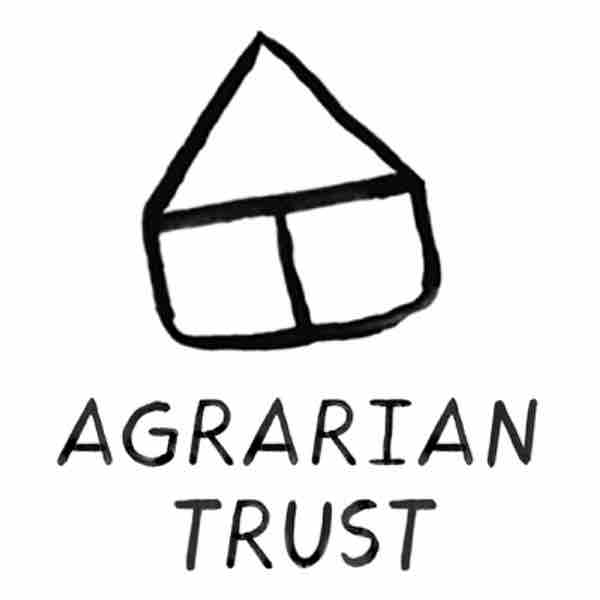
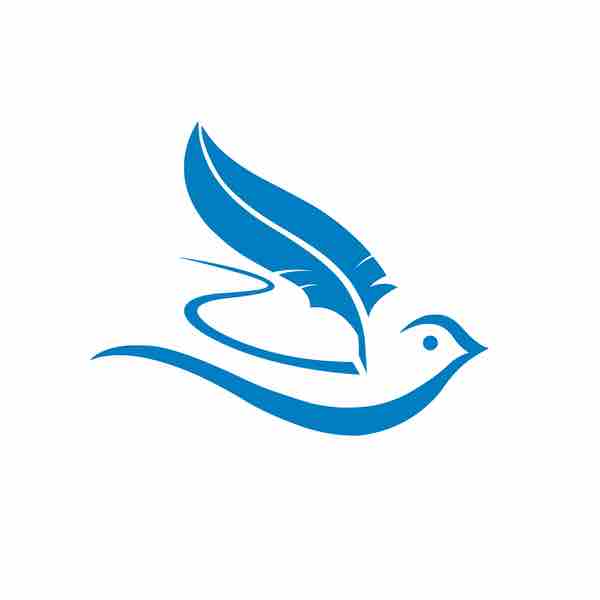
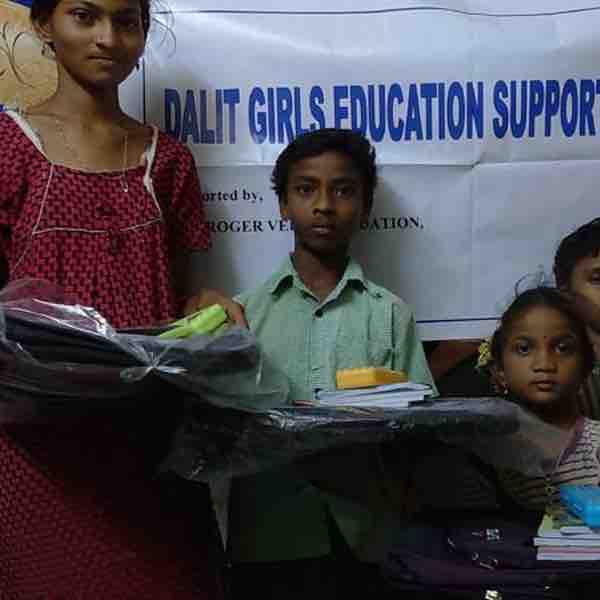

Join The Discussion